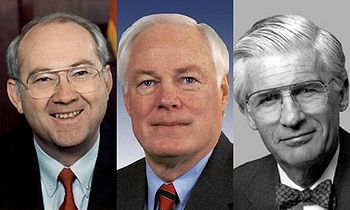LoneLaugher
Diamond Member
I am a dude, dumbass. You are a clown.
You are a dumbass, dude. Take a look at your avatar.
Fuck off, sourpuss. You act like someone who has had something crawl up inside you and die.
Worry about yourself, dumbass.
Don't worry. ...
Nobody is worried about you, dumbass.
Oh! Zing! You are slaying me here! Mercy!!






